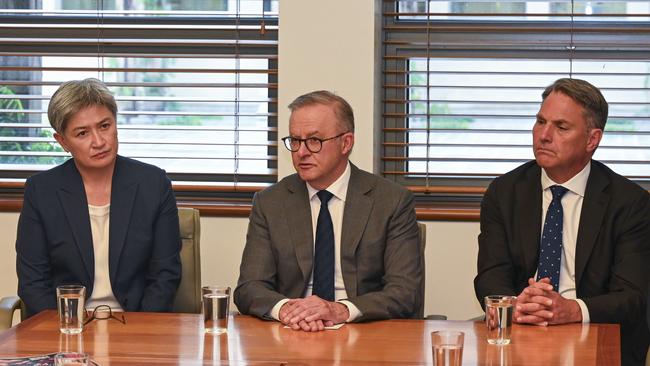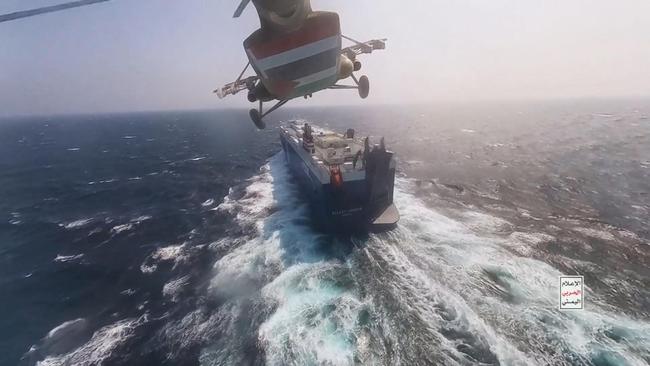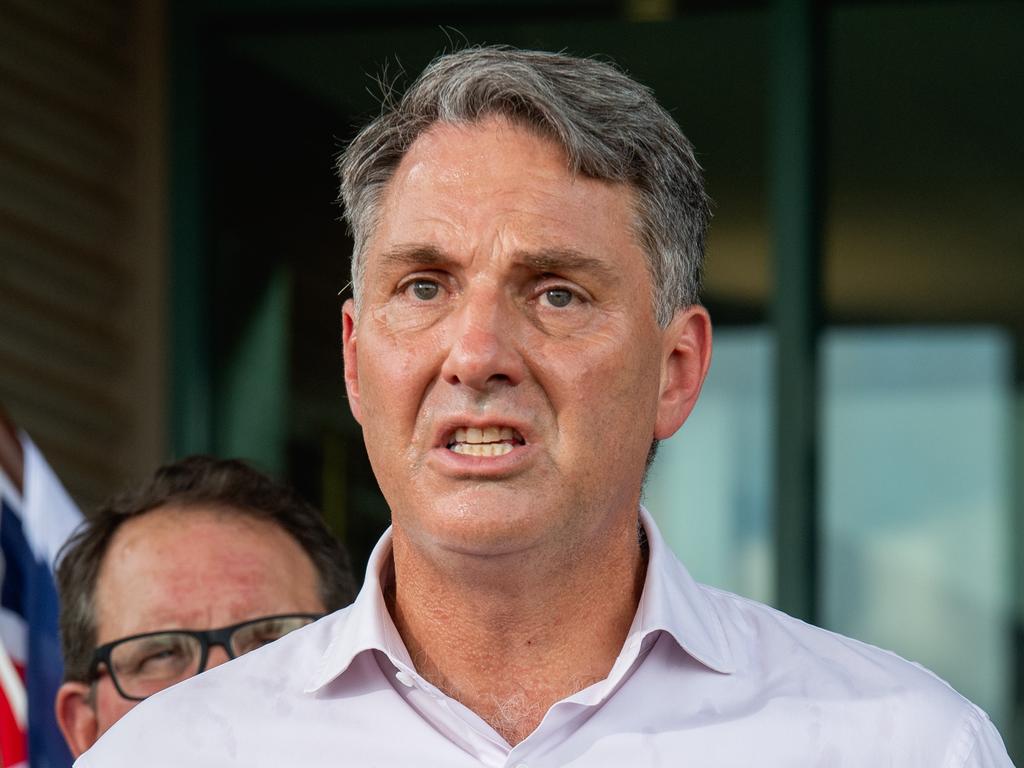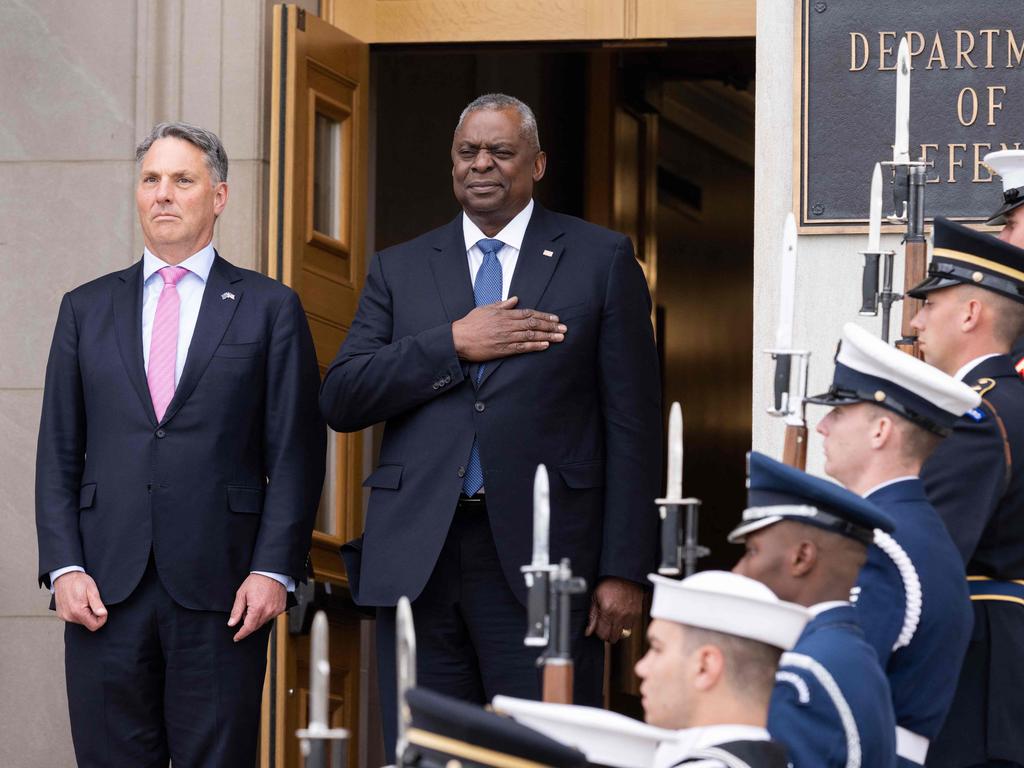Anthony Albanese’s military response to the Red Sea crisis is too late, too slow, too little


The government has spoken loudly about the gravity of this crisis while carrying a very small stick and acting with the urgency of a sloth.
Anthony Albanese on Monday said the Houthi terrorists in Yemen posed a “significant” risk to the global economy through their attacks on international shipping.
Defence Minister Richard Marles said it was “completely central to Australia’s national interest” that the Houthis’ ability to disrupt international trade was terminated.
But the urgency of their rhetoric has not been matched by action.
Firstly, Australia rejected the US Navy request in December to send a warship – an asset which would have been hugely useful right now – to the Red Sea to help protect shipping from the Houthis.
Instead, the government promised in December to “triple” the number of ADF personnel at the Combined Maritime Force headquarters in Bahrain from five to 16.
But now it turns out that none of these promised extra military personnel who were supposed to help the CMF beef up maritime security in the Red Sea have even departed Australia. In other words, the government has responded in slow motion to this fast-moving crisis, which now has erupted into open warfare between US warships and Houthi terrorists.
The extra ADF Red Sea personnel will arrive, belatedly, by the end of this month.
Yet when they do land they won’t be able to play any role in assisting current or future strikes against Houthis in Yemen. Why? Because the 39-nation CMF cannot conduct offensive operations without the agreement of all its members, which would never happen.
That is why the US and the UK conducted the strikes independent of the CMF.
So our extra military forces that will be deployed to the CMF to assist in the Red Sea crisis won’t be able to do anything at the pointy end to tackle the Houthis in Yemen.
The government made much of Australia’s “support” for the US-led strikes late last week on the Houthis, saying the decision was “not taken lightly”.

But that support amounted to one, or perhaps two, Australians embedded with the US military Central Command, which carried out the strikes.
The Pentagon described it as “non-operational support”.
In other words, our contribution to this operation was about as militarily significant as a drummer boy in the American Civil War.
The government has stressed that its military focus and priority is in the Indo-Pacific. But that does not mean that Australia can all but turn its back on the explosive events that have engulfed the Middle East since October 7.
With 12 per cent of global trade, including billions of dollars in Australian exports and imports, passing through the Red Sea, Australia has a direct interest in safeguarding this passage of water.
Symbolic support is not enough. Australia should be doing more.






Too small, too slow, too insignificant. That sums up the paucity of Australia’s military contribution to the growing crisis in the Red Sea.